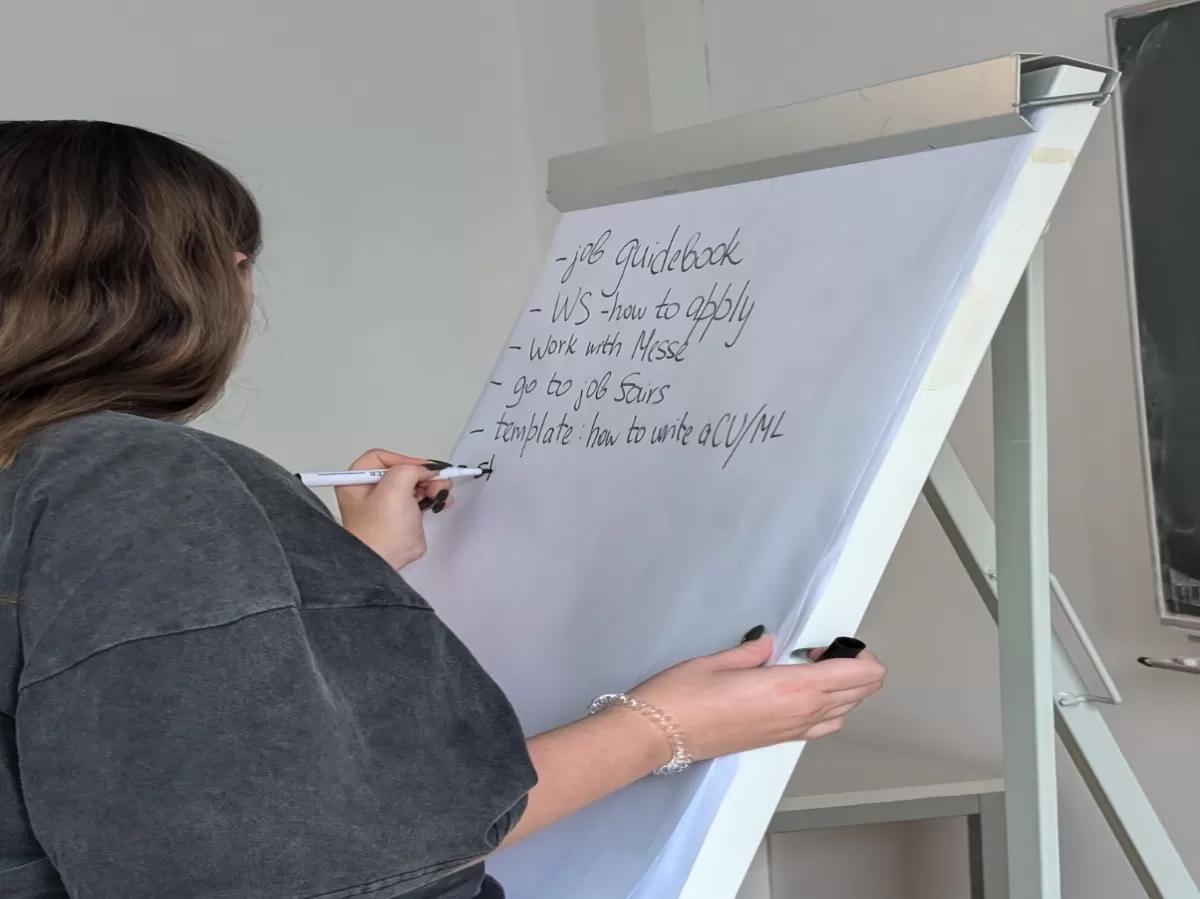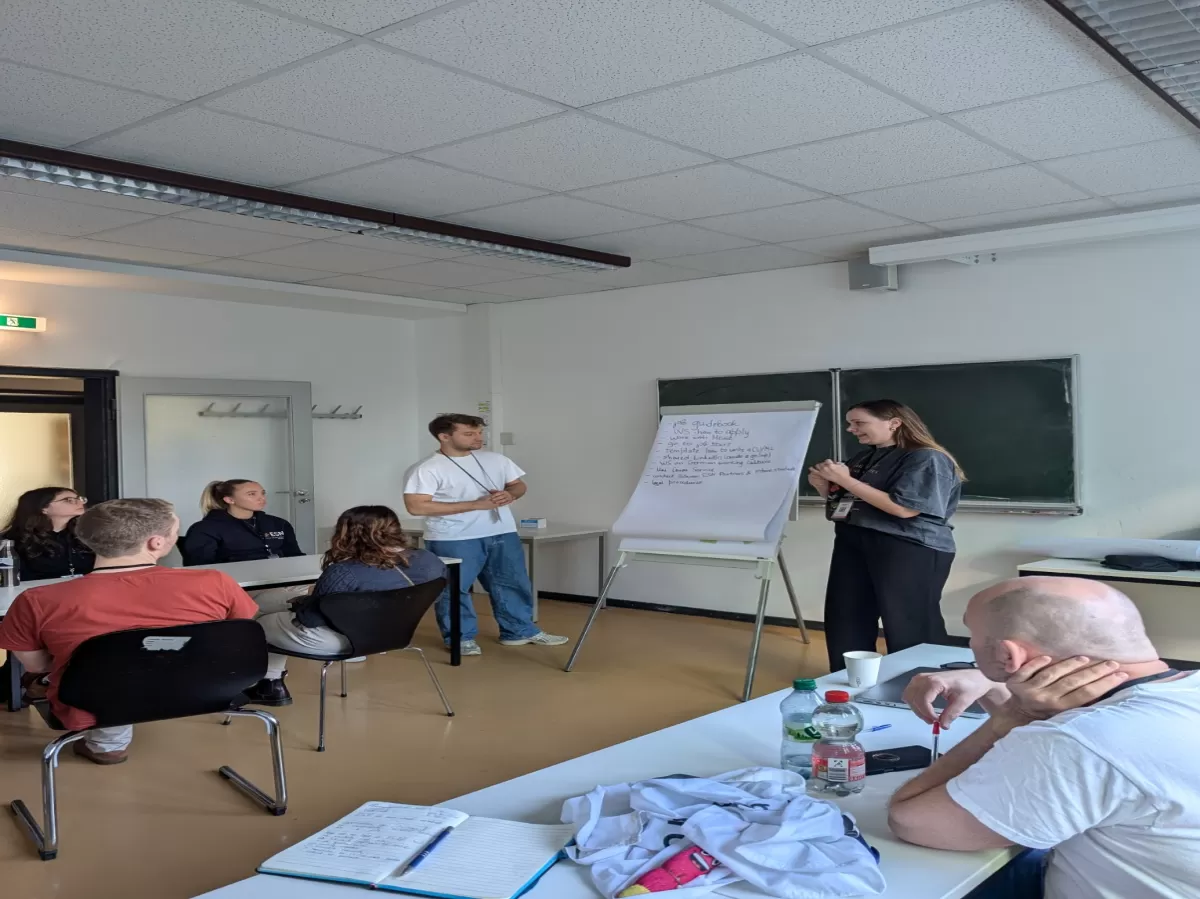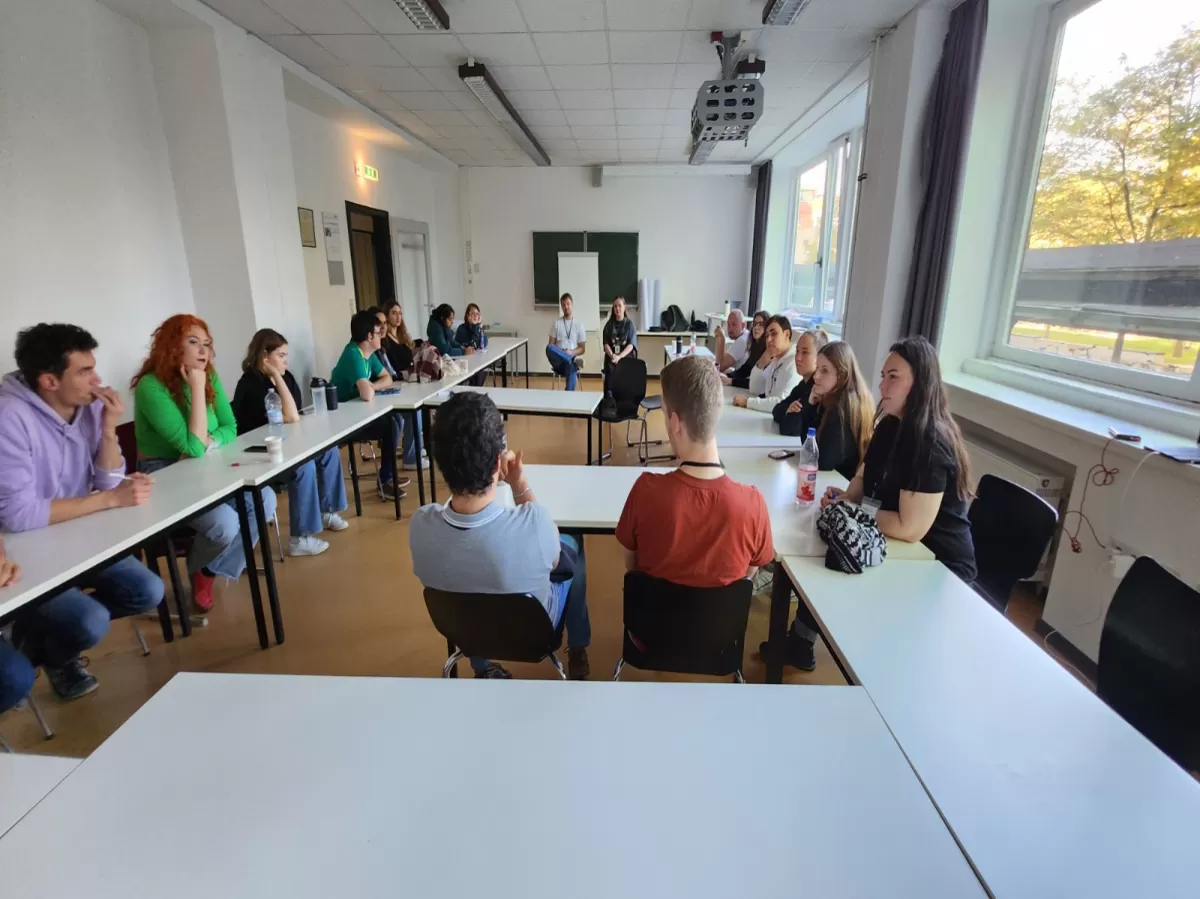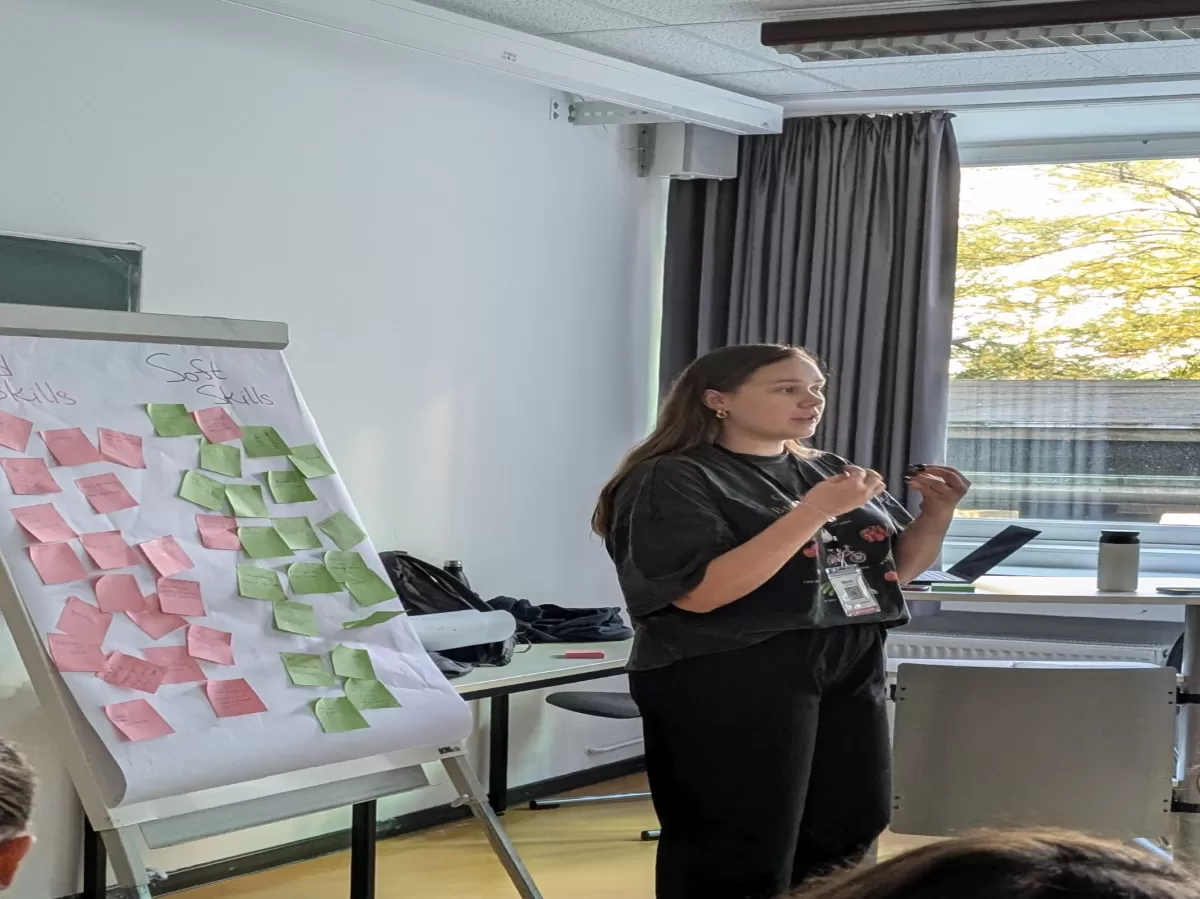Germany
participants
By taking part in our activity, participants:
- Reflect on the soft and hard skills they acquired during a mobility experience and/or during their time as ESN volunteers
- Identify opportunities and challenges that their Erasmus, exchange and international students in their local context face when looking for a job in Germany and/or in their home country
- Draft the outline of an activity to carry out with their local section to address one of the challenges or to explore one of the opportunities they identified
Many Erasmus, exchange and international students choose to come to Germany to boost their employability, but ESN Germany does not have direct contact to them and only some of the local sections are aware of their potential in helping students get integrated into the German job market or acquire more precious skills to bring back to their home country. With our workshop, we contributed to closing this gap and supported the sections in organising employability booster activities for their Erasmus, exchange and international students. At the same time, we also helped our volunteers be more aware of their own potential in terms of skills they acquired thanks to ESN and the Erasmus+ program.
During the Autumn 2024 National Assembly of ESN Germany in Hannover, 30 volunteers came together to participate in a 90 minutes workshop organised by Margherita Protti (National Training Coordinator) and facilitated by Ekaterina Didenko (National Communication Manager) and Philipp Höhne (Liaison Officer).
Through Non-Formal Education methods, the participants identified the following soft skills that Erasmus, exchange and international student acquire during their mobility experience:
- Flexibility
- Autonomy
- Time Management
- Teamwork
- Open mindset
- Mediation
- Intercultural communication
- Organisational skills
- Creativity
- Empathy
- Communication
- Active listening
- Networking
- Adaptability
- Proactive mindset
- Punctuality
- Accountability
- Leadership
And the following hard skills:
- Language
- Field-specific hard skills
- Project management
- Presentation and public speaking skills
They also identified the following barriers to employment for Erasmus, exchange and international students:
- Language barrier
- Different work culture, expectations
- Facing prejudice/discrimination
- Short-time employment
- Bureaucracy, legal issues
- Overcoming perfectionism/high standards, lack of confidence
- Lack of existing network
In order to be able to better support their Erasmus, exchange and international students in showcasing their newly acquired skills to potential employers and overcome the aforementioned challenges, the participants drafted the following ideas for ESN sections:
1) Job fairs
--> Organise a visit (in the same city or nearby big city)
--> Gather and disseminate information about the fair (time and location, target field, type of vacancies, language and academic requirements, ...)
2) Workshops
Organise workshops with or without support from the University's Career Service, for example:
- CV check
- Professional picture
- German working culture
- How to apply for jobs
- Legal support
3) Networking
--> Organise own small career fair with ESN Alumni who are working full-time and other guests from interested companies, for example from partner companies
--> Organise company visits at companies where ESN Alumni work, or at partner companies, or at other interested companies
--> Share LinkedIn profiles, endorse skills
4) Resources
--> Make a template for CV and motivation letter and distribute it to Internationals
--> Make a guidebook about companies in town (especially useful for smaller cities)
The participants to this workshop reported that they are now more aware about their role as ESN volunteers in supporting their Erasmus, exchange and international students move their first steps in the German job market.
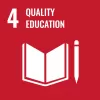
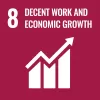
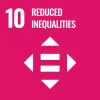
This activity is part of the project:
Erasmus Careers
